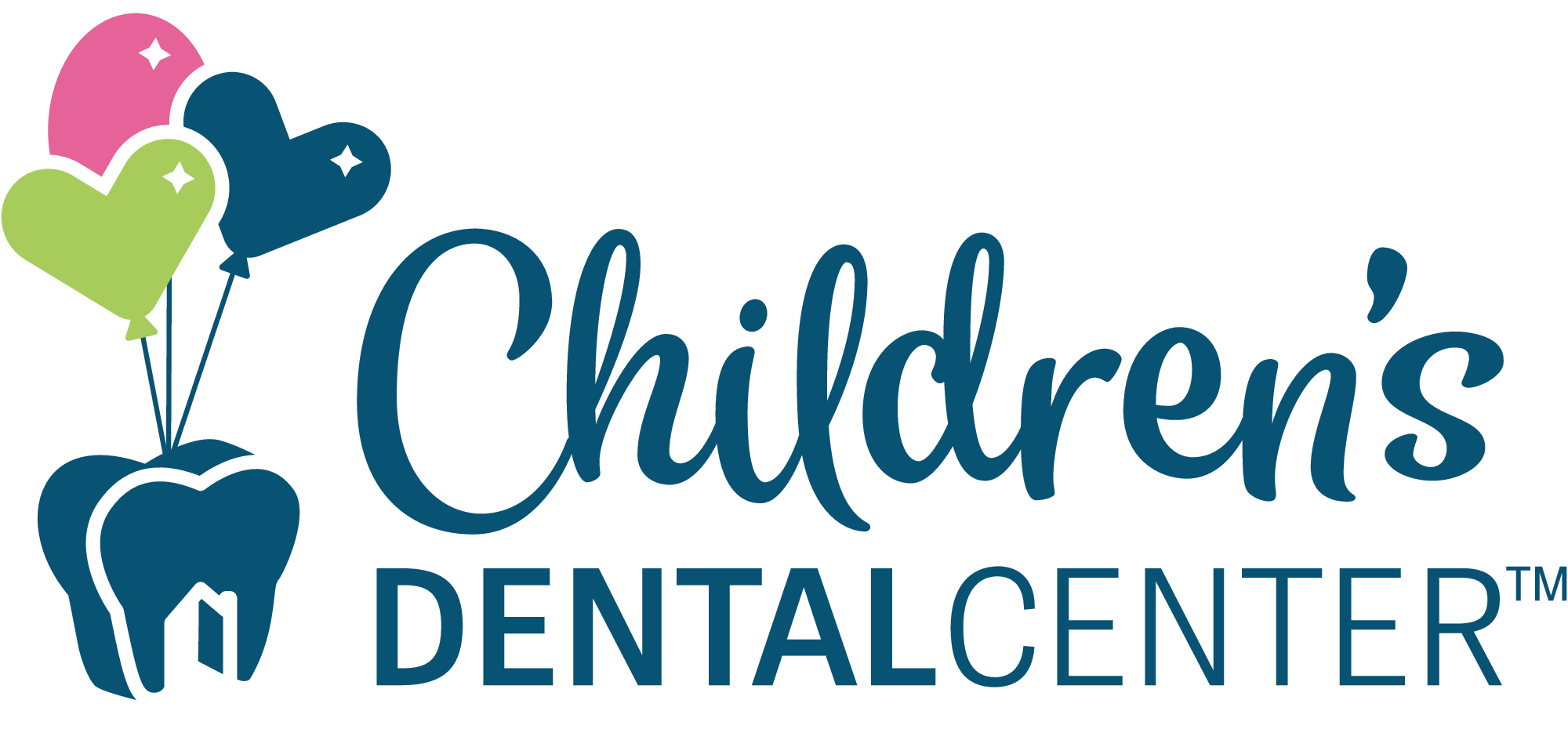Baby teeth are not as strong as permanent teeth and are at a higher risk of developing tooth decay (cavities). In baby teeth, small cavities can become large cavities in a short period of time. Small areas of decay are often fixed with a tooth colored (composite) filling. If the area of decay is too large, then the tooth will need a crown or may possibly need to be extracted.
Untreated cavities can lead to your child having a lot of pain and possibly progress into infection. If the infection is not taken care of, it can affect the permanent teeth that are developing behind the infected tooth.
Baby teeth are important for your child to chew and they also act as a guide for the eruption of permanent teeth. Early loss of baby teeth creates an open space, allowing other teeth to move into that place, resulting in crowding of permanent teeth in the future.
By having your child see a dentist 2 times a year, small areas of decay can be detected and easily taken care of. This can prevent unnecessary tooth problems in your child’s future, and unnecessary costs for you.
-Joe Olsen, DDS

